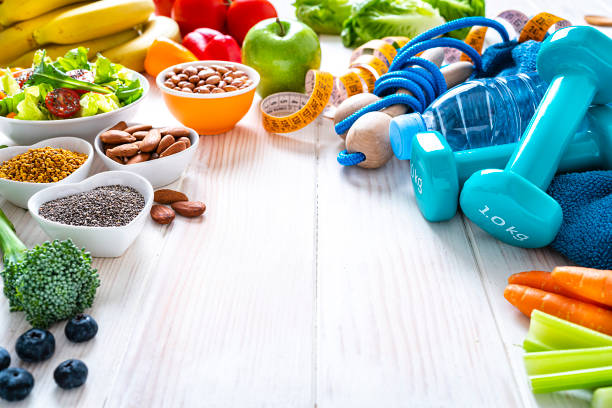In one recent study, researchers from Stanford University observed 600 overweight adults who were asked to go on a healthy low-carb diet or a low-fat diet. The result was surprising, to say the least. The participants achieved nearly the same levels of weight loss success!
The researchers searched for clues (such as gene patterns and insulin levels) to check if there are factors that could make someone succeed better on either diets, but they were not able to link anything to the outcomes.
They did note that the participants followed 3 very straightforward advice.
Advice 1. Eat more veggies
It’s estimated that 9 in 10 Americans are not eating enough vegetables. Veggies fill you up and yet contain very few calories. They contain nutrients that boost your immune system and fight diseases like cancer, heart disease and type 2 diabetes. Eat a variety of vegetables and find various ways to enjoy them.
Use a layered approach to build a good and sustainable habit of eating vegetables. For example, you can layer some vegetables into your pasta. You can chop veggies and fold it into an omelet.
Advice 2. Eat less sugar
Human beings are hardwired to have a sweet tooth. Sugar makes food taste better, so manufacturers of food add it to all their products – from breads to beverages, salad dressings, to yogurts, cereals, soups and sauces. If you tally all the added sugar you eat every day that’s a lot of sugar consumption.
The American Heart Association’s limit for women is 6 teaspoon while for men, it’s 9 teaspoon. Sugar is not doing your waistline any favors, which is why you’ll notice that every weight loss program out there tells you to eliminate sugar in your diet.
Just to set things straight – a low fat diet does not mean you can eat low fat ice cream or low fat cookies. The true meaning of low-fat eating is to eat foods that are naturally low in fat: vegetables, beans, fruits, whole grains and lean proteins.
3. Eat whole foods
Whole foods is 100X better than processed foods. Overly processed foods lead to weight gain. They lack the fiber that whole foods have, which helps us feel full.
New research suggests you are more likely to overeat overly or ultra processed foods (potato chips, French fries, cookies, etc). When researchers did an experiment, matching meals for calories, sugar, and macros and allowing people to eat as much as they liked, it was discovered that people ate roughly 500 calories more when eating heavily processed foods. They ate faster and ate more, and it took them a while to feel full.
Whole foods include nuts, seeds, whole grains, fruits, veggies, eggs, chicken, seafood and others. Food philosophies around these foods are different but the goal is to choose an approach that works for you – something you can continue doing long term. Vegans and vegetarians can choose fruits, vegetables, plant-based proteins and whole grains.
Nut lovers may want to go for Mediterranean-style menu. Regardless of the diet that appeals to you and your lifestyle, by simply choosing whole foods over unhealthy processed foods, you can definitely go a long way in achieving your weight loss goals.
Check out this clean-eating guide for beginners:
